Tired of nonstop sales calls? Here’s how the Do Not Call list works and what it can actually do for you.
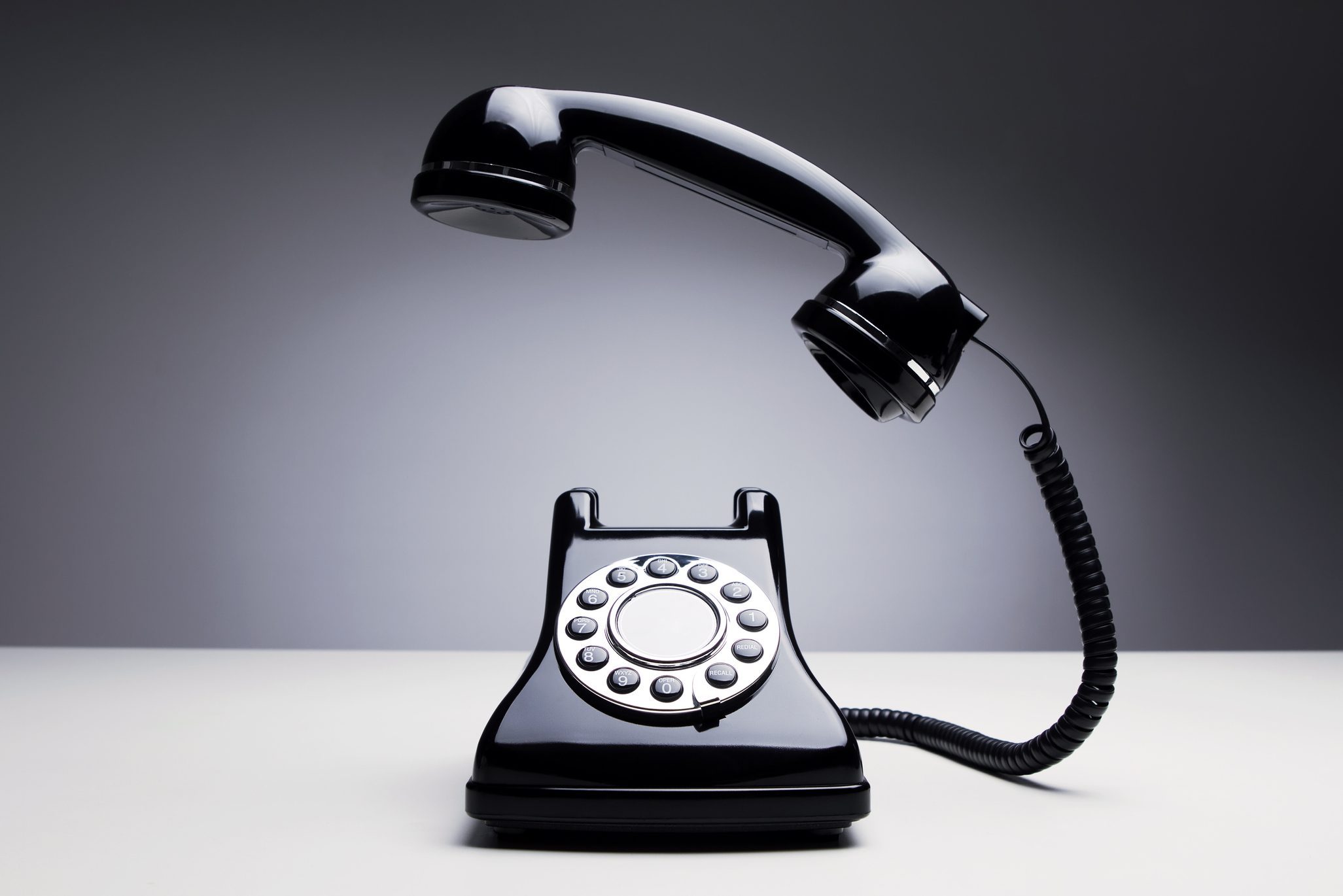
What Is the Do Not Call List? Here’s What You Really Need to Know


The Do Not Call Registry blocks only sales calls
An important thing to know about the National Do Not Call Registry is that it can stop only sales calls. You may continue to receive:
- Political calls
- Charitable calls
- Debt collection calls
- Informational calls
- Telephone survey calls
In other words, putting your number on the National Do Not Call Registry won’t block those scam phone numbers coming through from swindlers. (Luckily, there are steps you can take to block unwanted spam calls.)
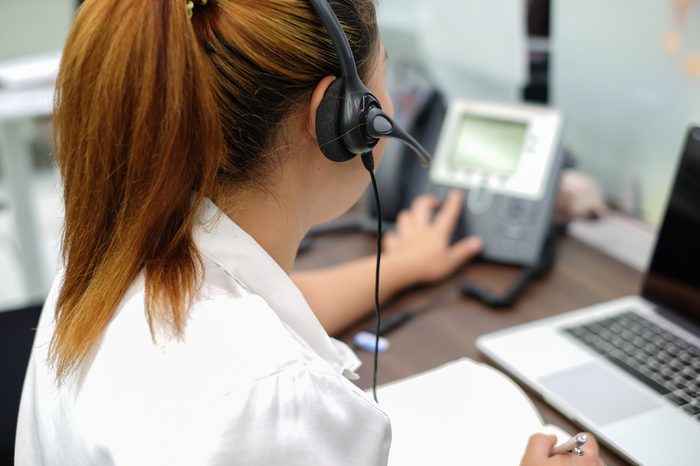
The Do Not Call list has limitations
Even if you’re on the National Do Not Call Registry, you may still get sales calls from companies with whom you’ve recently done business; likewise, you may receive calls if you’ve given a company written permission to call you. To stop these calls, you will have to ask the company not to call you again—preferably in writing. At that point, the company is legally required to honor your request.
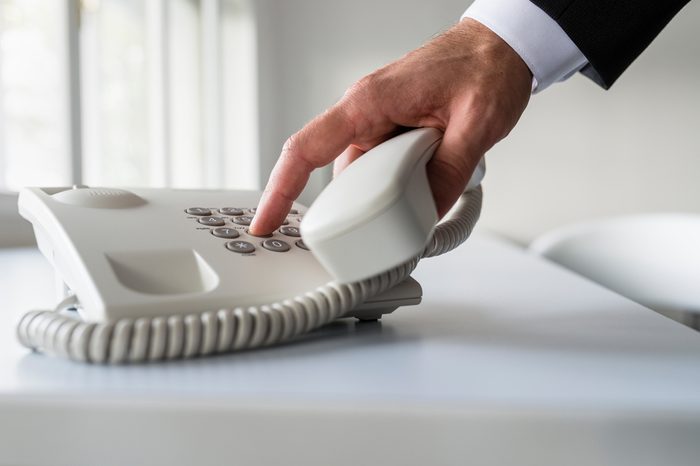
Not all companies are operating legally
Most legitimate companies will observe the National Do Not Call Registry and not call if you’re on the list. But not everyone plays fair—especially not scammers. One reason for this: Robocalling speeds up the process. The practice is completely illegal for the purpose of sales and permitted only by political candidates and charities. Scammers, naturally, pay no attention to those rules.
But there’s some good news. According to the FTC’s National Do Not Call Registry Data Book for 2024, the overall volume of consumer complaints about unwanted spam calls has dropped by more than half since 2021.

You can take steps to protect yourself
Got a spam call? Don’t speak. Don’t press buttons. Don’t follow any directions. Best of all? Don’t pick up.
If you receive a sales call despite being on the National Do Not Call list, or if you ever receive a sales robocall, you should hang up immediately, according to the FTC. In addition to the call being illegal, it’s likely the company is promoting some sort of scam.
Be aware that no company making a sales call has the power to put you on the Do Not Call list—if they say otherwise, your guard should be raised. Remember that any company offering to take you off its call list by following directions (pressing buttons, speaking to a live representative, etc.) is probably going to continue calling you, and perhaps even more often, according to the FTC.
Your best bet is to follow the FTC’s instruction and file a complaint.

The FTC fines telemarketers who violate the list
Anyone who violates the list can be fined up to $50,120 per call, the FTC states. So far, the FTC has sued hundreds of companies responsible for unwanted calls and has obtained more than $290 million in judgments against violators. By registering, you’re helping provide the FTC with more ammunition in the fight against illegal phone calls.

Don’t pay someone to put you on the Do Not Call list
The FTC urges everyone to register only their own number and to never pay anyone who claims they will register your number. That’s likely an online scam. You—and only you—should register your phone number with the Do Not Call list.

How to register for the National Do Not Call list
The easiest way to register for the National Do Not Call List is to call 888-382-1222 from the phone you want to register (TTY: 866-290-4236). You can also register by visiting the Do Not Call Registry website. If you register online, you’ll receive an email containing a link you’ll need to click on within 72 hours—delay, and your registration will not be completed.

You can register more than one phone number at a time
If you’re wondering what the Do Not Call list is and how it works for multiple phones, here’s what you need to know: You can register up to three phone numbers at any given time. If you have more than three to register, you will have to go through the registration process again. For each number you register, you will receive an email. If you wish to register more than three numbers, you can make another registration.

Calls may not stop right after registration
While your enrollment on the National Do Not Call list goes through immediately, the FTC says it can take up to 31 days for companies to update their records and stop calling. So if you end up rejecting some calls within those 31 days, don’t worry–it doesn’t mean the Do Not Call Registry isn’t working.

You have to give the FTC your email
If you register for the Do Not Call list online, you’ll have to supply your email address. But don’t worry about suddenly receiving a bunch of spam emails. “While we do collect an email address, it is collected only to confirm your registration,” the FTC says. “We do not keep it or store it with your phone number.”
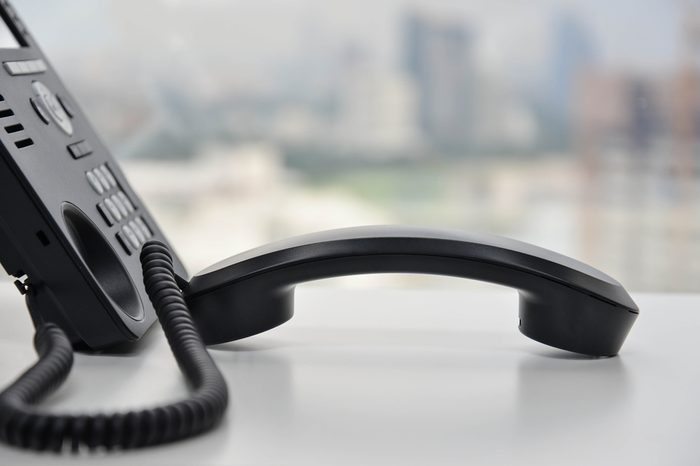
The Do Not Call Registry is only for personal phone numbers
The Do Not Call Registry applies only to personal phone numbers. If your company is dealing with spam calls or faxes, know that they aren’t covered.
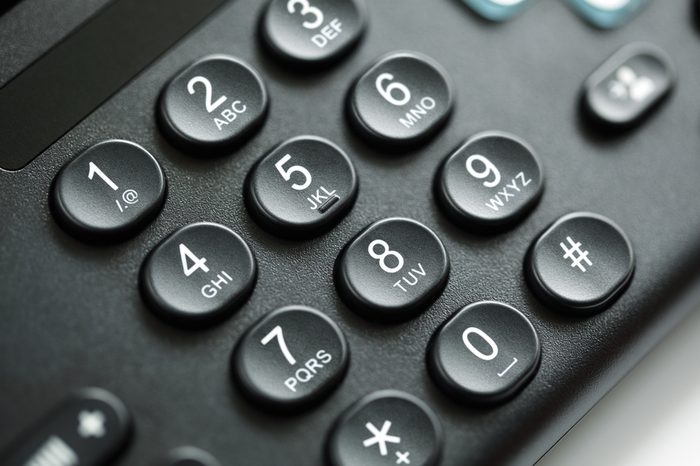
There are a lot of viral lies about the National Do Not Call Registry
OK, you know what the Do Not Call list is. But let’s look at what it isn’t, because there’s a lot of misinformation circulating. Here’s what to know:
- The government is not releasing cell phone numbers to telemarketers.
- There isn’t a deadline for registering a cell phone number on the Do Not Call Registry.
- There is only one Do Not Call Registry, and it’s operated by the FTC.
- The Do Not Call list accepts registrations from both cell phones and landlines.
If you have registered a mobile or other telephone number already, you’ll never need to re-register.

You can take your number off the Do Not Call Registry
You can delete your number by calling 888-382-1222 from the telephone number you want to delete. Your number will be off the registry the next day, and telemarketing lists will be updated within 31 days.
FAQ
What are the ways to block spam numbers on a cell phone?
One of the easiest ways to stop unwanted calls on your cell phone is to use a call-blocking app. These apps work like filters, using reports from users, the FTC and other data to flag phone numbers connected to illegal robocalls or scams. When a suspicious call comes in, the app intercepts it before your phone even rings. Many of these apps are free, but it is important to know that some may charge for premium features.
Before you download a third-party call-blocking app, check if your cell phone allows you to manually block specific numbers. You can use built-in features like Do Not Disturb, which lets you send calls straight to voicemail during certain hours.
Will you stay on the Do Not Call list if your number is disconnected and reconnected?
If your number is disconnected and later reconnected, you may need to register it again. To check whether your number is still on the list, you can visit Do Not Call Registry or call 888-382-1222.
Why isn’t the Do Not Call Registry foolproof?
You’ve signed up for the Do Not Call list, but somehow, the calls keep coming. Frustrating, right? While the list is helpful for cutting down on unwanted sales calls, it’s not a perfect system.
Here’s why a few pesky calls might still sneak past: The Do Not Call Registry is simply a database that tells registered telemarketers which numbers to avoid calling. Unfortunately, it doesn’t actually block calls, so the list won’t stop cybercriminals or scammers who ignore the rules and make illegal calls anyway.
The unwanted calls are still so common because it’s cheap for scammers to make thousands of calls from anywhere in the world. Many even use spoofed numbers to make it appear like they’re calling from a familiar area code, which makes them even harder to trace and stop.
Sources:
- YouMail: “U.S. Consumers Received Nearly 4.4 Billion Robocalls in December, 52.8 Billion in All of 2024, According to YouMail Robocall Index”
- Federal Trade Commission: “The National Do Not Call Registry Data Book”
- Federal Trade Commission: “What to Do If You Get a Robocall”
- Federal Trade Commission: “Phone Scams”
- Federal Trade Commission: “National Do Not Call Registry FAQs”
- Federal Trade Commission: “How to Block Unwanted Calls”
- Federal Trade Commission: “Reports of Unwanted Telemarketing Calls Down More Than 50 Percent Since 2021”



















